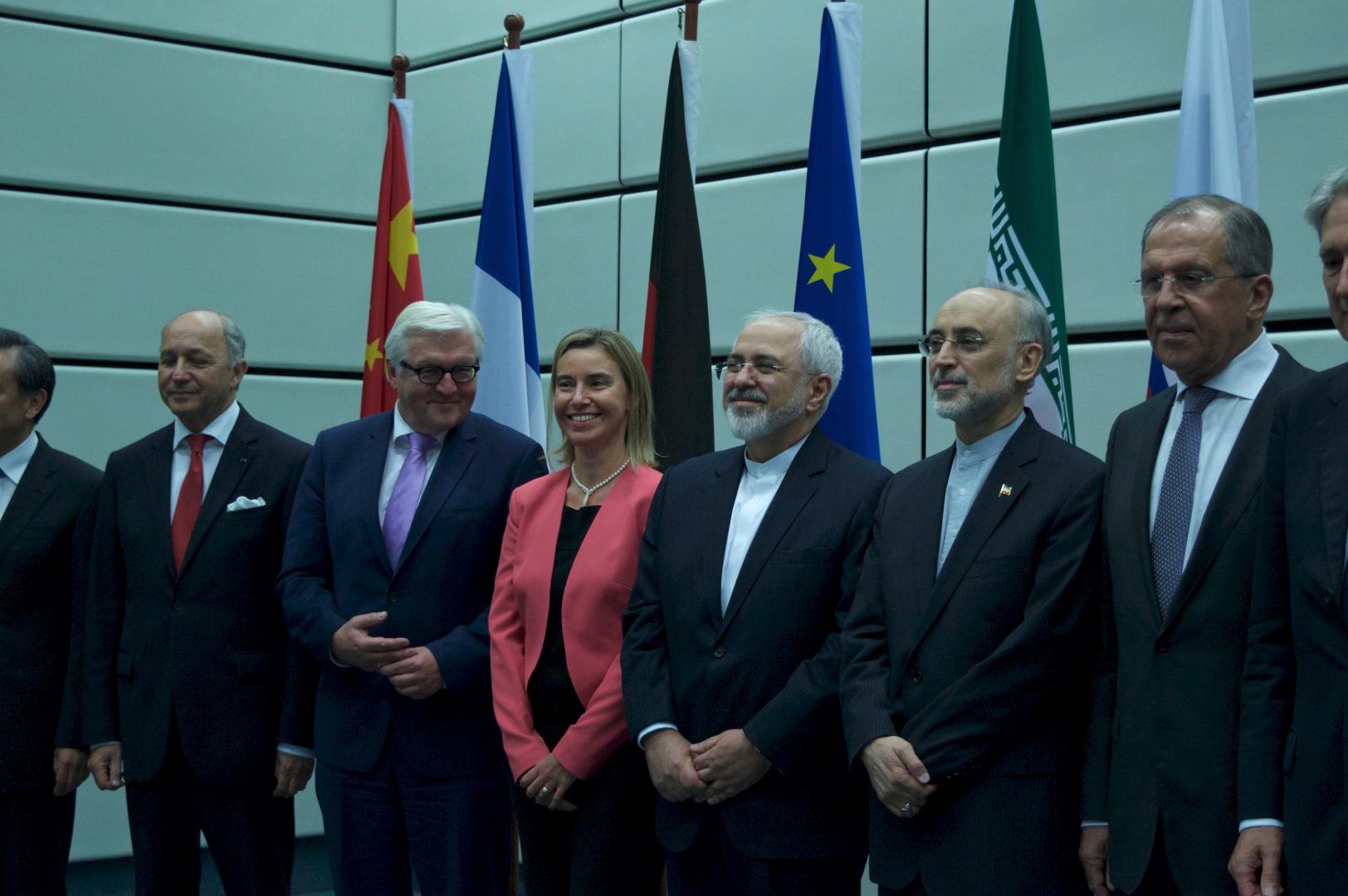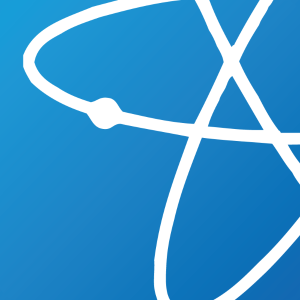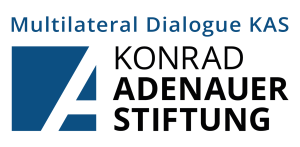The Joint Comprehensive Plan of Action (JCPOA), or Iran Nuclear Deal, was adopted on 20 July 2015 by the UN Security Council Resolution 2231 (2015). It was signed on 14 July 2015 between China, France, Russia, the UK, the US, Germany, the High Representative of the European Union (E3/EU+3), and the Islamic Republic of Iran. Although part of international law, it is not considered a legally binding treaty, rather a political commitment.
Why It Matters
The agreement was the culmination of diplomatic efforts, aimed at ensuring Iran’s nuclear programme was exclusively for peaceful purposes in exchange for the lifting of imposed sanctions. Iran was suspected of pursuing a military nuclear programme from the end of the Iran-Iraq (1980-1988) war. Sanctions on Iran included an EU oil export ban.
The JCPOA was considered a landmark agreement, promising to keep Iran from obtaining nuclear weapons, easing Middle East tensions, and fostering future cooperation. Under the JCPOA, Iran agreed to limit its enrichment of uranium to 3.67 percent from its Natanz enrichment facility for 15 years and made other commitments in return for sanctions being lifted.
Further materials:
https://en.irna.ir/news/81770045/Zarif-Iranians-should-feel-changes-according-to-UN-Resolution
https://www.theguardian.com/world/2020/aug/14/us-iran-un-arms-embargo-nuclear-deal





